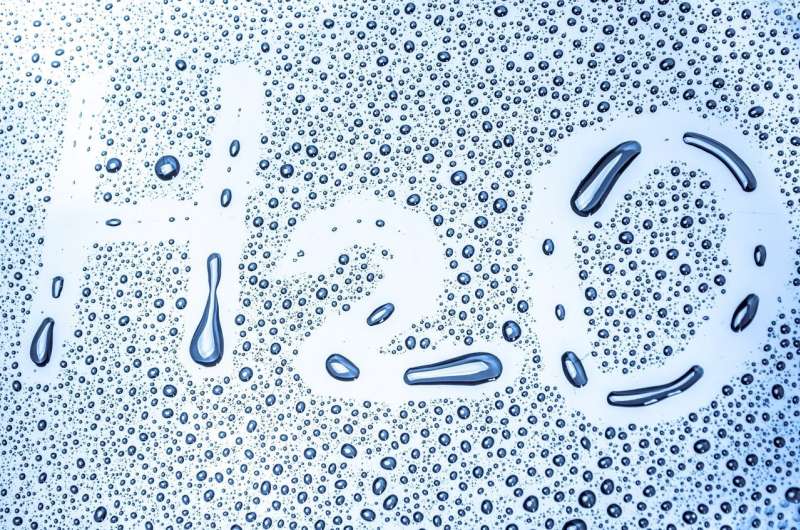This article has been reviewed according to Science X's editorial process and policies. Editors have highlighted the following attributes while ensuring the content's credibility:
fact-checked
peer-reviewed publication
reputable news agency
proofread
Want people to use less water? Tell them it's going to cost more

When people hear that their water is going to cost more, they start to use less of it.
That seemingly obvious finding comes from a new study led by researchers at the National University of Singapore and published this week in Nature. But the researchers also stumbled across an interesting nuance: The announcement of a water price hike, more than the increase itself, can have a bigger impact on consumption. The conclusion points to the need for effective policy communication when it comes to water-conservation efforts.
"People do respond to the price change, and people also respond to the information of the price," says Mingxuan Fan, a co-author of the report and a visiting assistant professor at the National University of Singapore Business School. "You can actually use pricing as part of your water conservation tool. It is effective, and it will be even more effective if you communicate it correctly."
To reach their conclusion, researchers monitored monthly water consumption for 2 million homes in Singapore from January 2011 to December 2019, looking for impacts from two different factors: (1) the price of water, and (2) the impact of expanded government subsidies in 2012 and 2019 to help consumers, and in particular low-income households, foot their water bills.
In 2017, Singapore announced a 30% increase in the price of water to reflect rising supply costs. Following that announcement, researchers found that the monthly water consumption of public households dropped by 5.8% relative to private apartments.
But 3.7% of that decline—nearly two thirds of the total impact—came after the policy announcement but before any actual price change. The study also notes that consumers with lower water usage responded more to the announcement of a price hike than those with high water usage, who responded more to the hike itself.
"Consumers don't pay a lot of attention to water prices and need clear messaging in order for water prices to effectively encourage conservation," says Daniel Brent, an assistant professor of environmental economics at Pennsylvania State University who was not involved with the study. "Hopefully, utilities will embrace randomizing different messaging around water prices to find out the most effective way to communicate water prices to their customers."
As droughts become more frequent, governments all over the world are looking at ways to balance water supply and demand, including by raising prices. Critics argue that these price hikes negatively impact low-income individuals who might be unable to afford sufficient water; that same logic prompted Singapore and other governments to offer subsidies based on household income.
Too generous a subsidy could, in theory, negate the effect of a price hike by enabling the same level of water consumption—but the Singapore study found no such effect. Instead, low-income households that had access to the subsidy decreased their water consumption at levels similar to those households that did not have that assistance.
Journal information: Nature
2023 Bloomberg L.P.
Distributed by Tribune Content Agency, LLC.





















